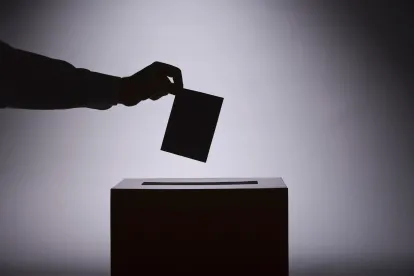With the midterm spring primary election season looming, many educational institutions are witnessing heightened political awareness and activism among students and employees. It is important for schools, colleges, and universities organized as 501(c)(3) entities to be mindful of their legal obligation to maintain a content-neutral approach on their campuses to political advertising and activity by students and faculty.
Schools, colleges, and universities can establish reasonable restrictions on the placement of political advertisements and may limit content that could be viewed as a form of harassment, but these institutions should carefully consider adopting written policies and procedures to guide decisions about on-campus political activity—including public display of campaign posters—to avoid the appearance of endorsing candidates and campaigns.
Academic institutions should also carefully formulate any restrictions on speech itself. Political speech on campus by students, professors, activists and others often poses administrative challenges. Such speech is generally permitted on campus subject to reasonable time, place, and manner restrictions. However, an educational institution’s regulatory flexibility may depend on whether it is viewed as a regulator, speaker, patron or employer. Some states are even considering legislation that would limit administrators' ability to impose certain speech-related limitations.
For example, House Bill 2563 is moving through the Arizona Legislature this session. If passed, it would require universities and community colleges to permit individuals to protest or demonstrate on campus and prohibit conduct that materially and substantially infringes on the rights of other persons to engage in or listen to expressive activity. The legislation would encourage institutions to remain neutral on the public policy controversies unless the administrative decisions on such issues are essential to the day-to-day functioning of the university or community college.





 />i
/>i

